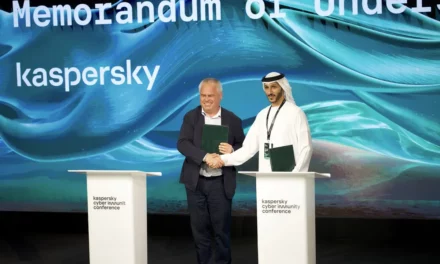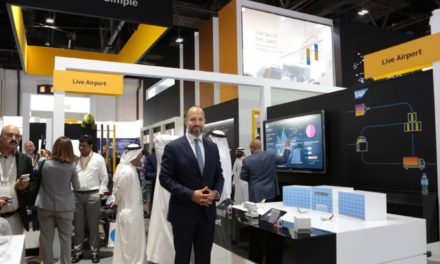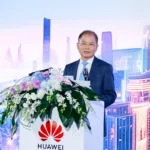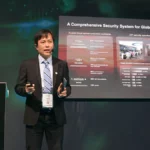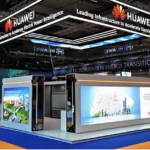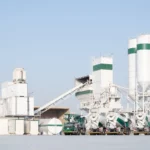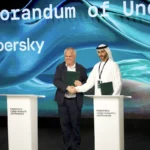
Irregularities Being Uncovered in Huawei CFO Legal Case

As the extradition case continues around Huawei CFO Meng Wanzhou, her defense team has started to highlight irregularities in the approach of local law enforcement, which could disrupt the entire case and nullify this highly-politicized extradition. In particular, the court has now been presented with evidence of the following actions:
The ‘First Plan’ – On November 30, 2018, the Foreign Domestic Liaison Unit (FDLU) of the Royal Canadian Mounted Police (RCMP) received a request relating to Meng’s case from the US Department of Justice (DOJ) on behalf of the US government. It is unknown how the US became aware that Meng would be flying to Canada on that day.
RCMP Cst. Yep noted being at the airport from 1850 to 2100, where an arresting plan was developed. The “First Plan” formulated a strategy to “immediately arrest” Meng the next morning by going onto the plane after it arrived at the gate in Vancouver. The “immediately arrest” order was issued by Justice Fleming of the British Columbia Supreme Court on November 30, 2018.
A plan changed – However, in a meeting at the 0930 on December 1, the arresting plan was changed. The RCMP and CBSA officers had decided that the RCMP would not immediately arrest Meng, but rather the CBSA would identify her and deploy their “normal DART process” to immediately detain her. “DART” is CBSA internal term referring to Disembarkation and Roving Team process. The reason for revising the plan was never disclosed. None of the CBSA notes or solemn declarations refer to this meeting in any way.
Meng’s defense argues spotty notes kept by the CBSA officers constitute a “strategic omission.” In other words, just two hours before Meng arrived in Vancouver, the RCMP and CBSA discussed how the CBSA would use its special inspection powers to detain and “examine” her instead of an immediately arrest ordered form the judge.
Court order abused – After checking the passport of and identifying Meng, three CBSA officers immediately detained her while two RCMP officers stood nearby and watched. They stood by during this time with full knowledge of, and complicity in, the violation of Justice Flemming’s order. At no point did the CBSA or the RCMP advise Meng of her right to counsel, contrary to s. 10(b) of the Charter. The CBSA officers then took her to the secondary area of the airport. By design, the CBSA officers neither arrested her nor advised her of the reason for her detention, contrary to the Charter.
Compulsion of passcodes and unlawful transfer – At 1214, after all Meng’s bags had been examined, border officer Scott Kirkland listed the additional electronic devices which had been found, including an Apple iPad and Pink MacBook, and 256 GB Cruze Glide 3.0 black USB key. The electronic devices were requested by the FBI.
Partway through questioning of Meng regarding her and Huawei’s dealings in Iran, Kirkland compelled Meng to provide the passcodes to her electronic devices. Kirkland then wrote down the passcodes in his notebook. In the meanwhile, Kirkland also wrote down the passcodes on a separate “piece of paper” placed alongside Meng’s electronic devices on the counter.
The Crown lawyers later admitted before the British Columbia Supreme Court that Meng’s electronic devices and passcodes were passed to police by mistake. In an email included in an affidavit filed with the court, Vancouver airport CBSA chief of passenger operations Nicole Goodman said she wrote to the RCMP after learning of the error. “I advised the RCMP the passcodes should not have been provided by CBSA as the passcodes were CBSA information obtained during the CBSA examination, and that the passcodes could not be used to access the devices nor shared with a third party (ie. other law enforcement agency),” Goodman wrote.
Covert criminal investigation – The CBSA officers continued to question Meng without revealing the existence of the Arrest Warrant. Instead, authorities did not answer her question about her inspection, or disclose that she was being detained by the CBSA pending her arrest by the RCMP. Questioning focused on Huawei’s business dealings in Iran, which is related to the US indictment.
According to defense testimony, Meng’s warrant called for her “immediate” arrest, yet border officials detained her first for three hours, ostensibly to determine if she was admissible to Canada. However, there was never any chance Meng would have been turned away, given the arrest warrant awaiting her. Officials never formally admitted her anyway — her immigration status in Canada remains in limbo.
Meng’s Charter rights abused – Throughout the 3-hour unlawful detention by the CBSA, members of the RCMP continued to monitor the situation and provide updates to counsel at the DOJ. The DOJ did not intervene or advise the RCMP or the CBSA that they were violating the terms of the Arrest Warrant, or that they were failing to afford Meng her Charter rights. Namely, the DOJ was briefed in real time as to the execution of the delayed arrest plan.
On the other hand, lawyers for Meng are alleging that Canada’s national spy agency (CSIS) was in on a plan for border officers to detain the Huawei executive for hours before her arrest at Vancouver’s airport, and was mindful of the political implications of her arrest. The author of the CSIS report also was aware that the arrest of Ms. Meng would be a high-profile political event, saying “the arrest is likely to send shockwaves around the world”. The CSIS report was also preoccupied with when the news of Ms. Meng’s arrest might become public and states that the timing of the arrest “may delay Chinese recognition of the event,” the defense document says.
FBI’s involvement consciously obscured – The CSIS report “makes plain” that not only was CSIS involved in communicating with the FBI and others regarding the planning of Meng’s arrest, but was conscious of obscuring the FBI’s involvement, the defense team alleges. “The FBI will not be present in an effort to avoid the perception of influence,” the CSIS report says. The officers on scene also continued to coordinate with the FBI through the DOJ.
Arrested in December 2018 by Canadian police at the US’s request, Meng remains under detention in Vancouver after a Canadian judge ruled in May the extradition case against Meng could proceed. Both Meng and Huawei have repeatedly denied any wrongdoing.








